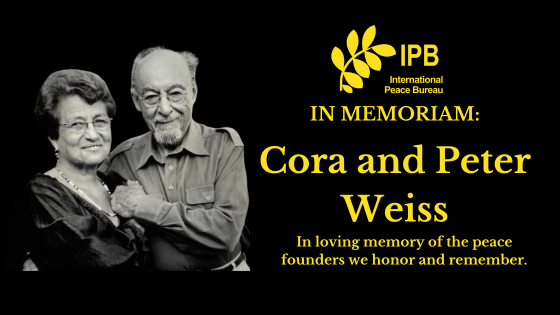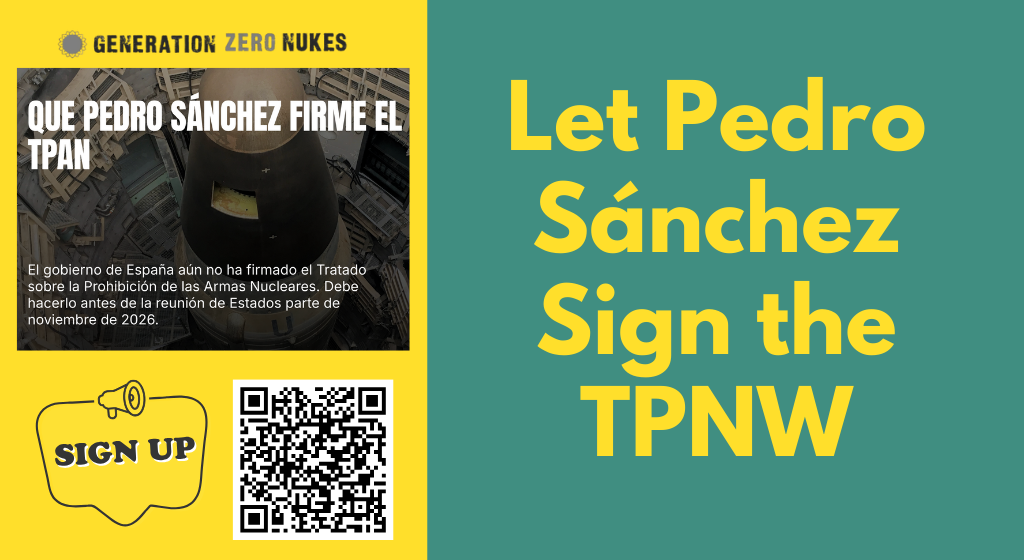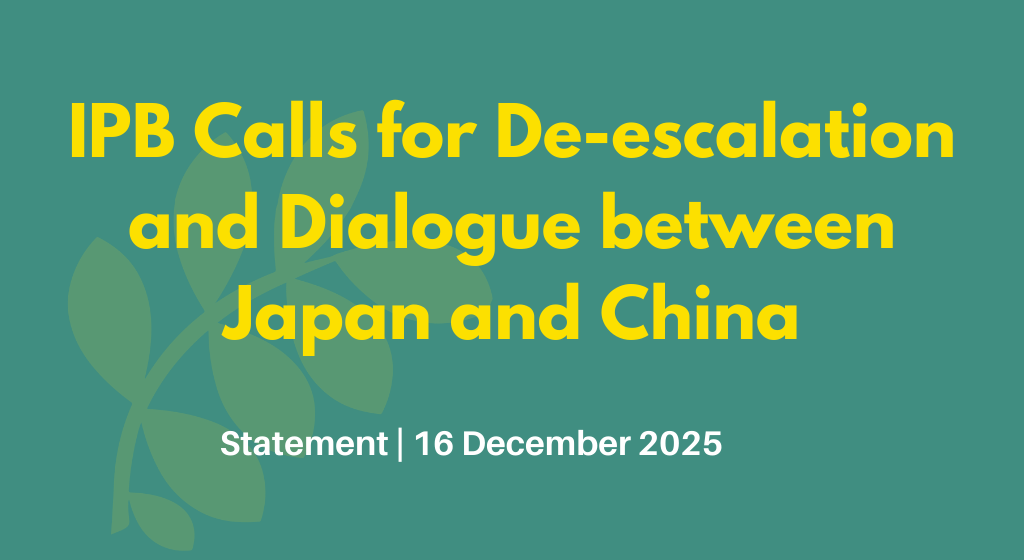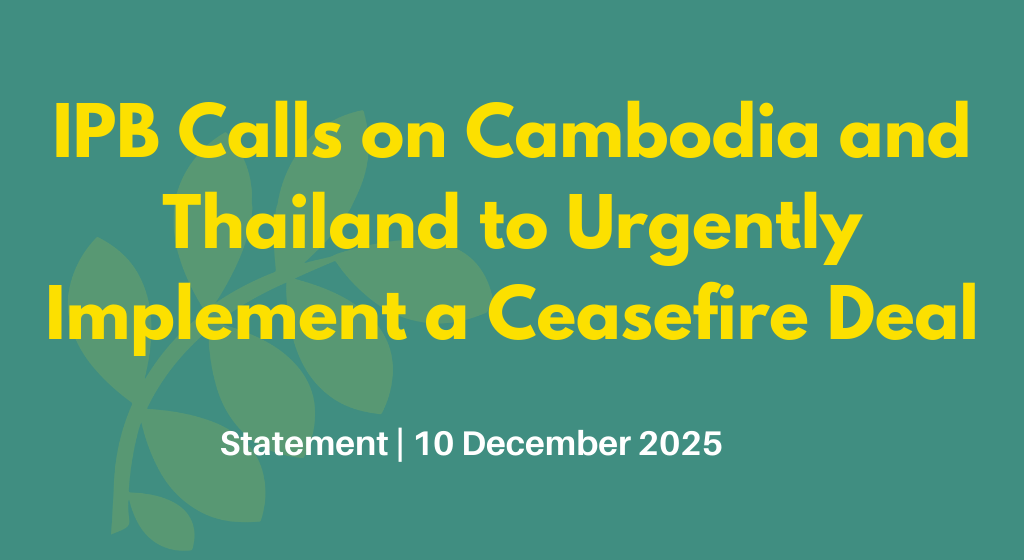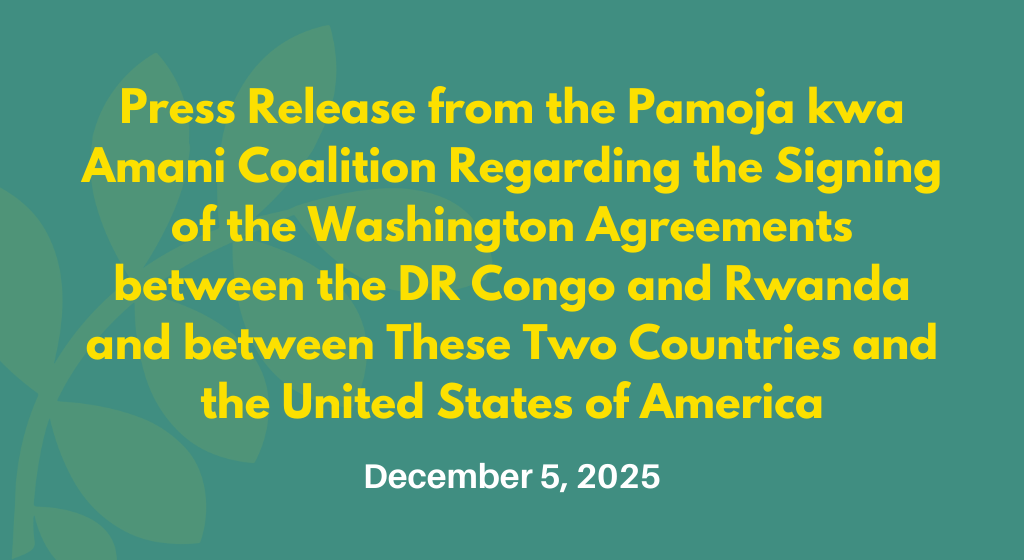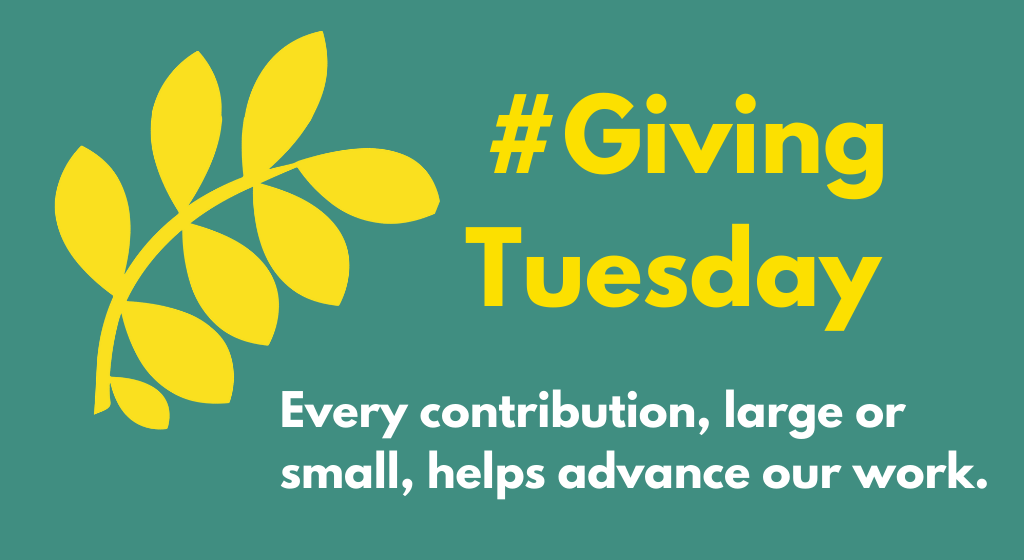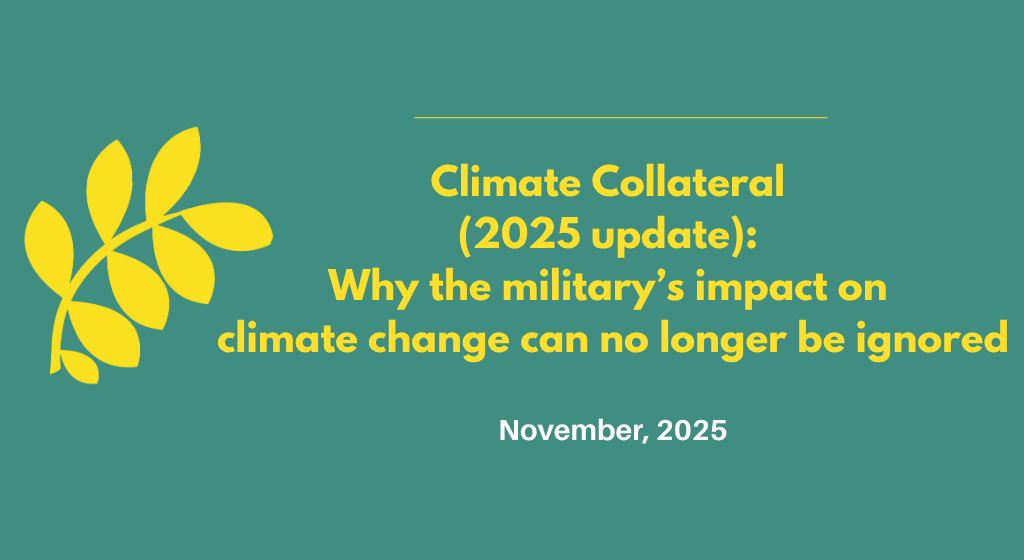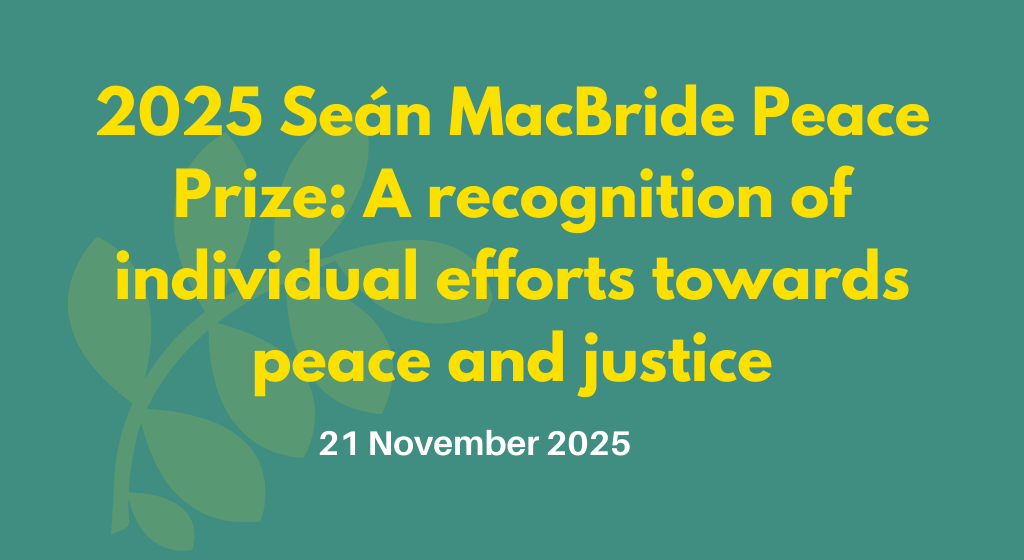The Pamoja kwa Amani Coalition (C-PKA) is closely monitoring the various stages of the Doha and Washington peace processes.
The Pamoja kwa Amani Coalition welcomes the signing on December 4, 2025, in Washington, D.C., United States of America, by Their Excellencies Félix-Antoine Tshisekedi and Paul Kagame, of the peace agreement between the Democratic Republic of Congo and Rwanda under the auspices of US President Donald Trump.
The ratification by the two Heads of State of this agreement, which was signed by the foreign ministers of their two countries on June 27, 2025, is a significant step in the search for peaceful solutions to the incessant and repeated wars that have plunged eastern DRC into mourning for more than three decades.
The Pamoja kwa Amani Coalition also notes that, in addition to this peace agreement, other important agreements have been signed, notably the Regional Economic Integration Framework Agreement (CIER) and the bilateral agreement between the United States and the DRC on the one hand, and between the United States and Rwanda on the other.
The Pamoja kwa Amani Coalition, while welcoming these advances and thanking President Donald Trump for his involvement, notes the following:
- While Washington and Doha are busy organizing tedious agreement signing ceremonies, the situation on the ground remains apocalyptic.
Clashes between the warring parties continue and are spreading across all fronts, exacerbating the suffering of the population, which is living in an indescribable humanitarian crisis without any assistance.
As the presidents sign in Washington, violent clashes are raging on several fronts, including Kamanyola, Kaziba, and Mwenga in South Kivu, with a heavy human toll, particularly in Kaziba, where more than 30 civilians have been killed by bombs dropped by the warring parties in the last 72 hours.
- The total opacity and lack of transparency surrounding the Doha and Washington peace processes, and particularly the bilateral agreements signed between the various countries today in Washington, are not conducive to transparency and effective citizen control of all these agreements and mining deals.
Local communities, the primary victims of this security crisis in the east, have never been approached or listened to. The perpetrators agree and decide on the fate of their victims without the slightest consideration for them.
- Agreements signed in complete illegality and illegitimacy. By deciding to sign agreements that bind the entire nation without involving the people, even through their representatives in Parliament, the President of the Republic is exceeding his powers and exposing the Congolese people of today and tomorrow to agreements relating to important issues, including natural resources and the territorial integrity and sovereignty of the entire nation. This peace agreement between the DRC and Rwanda must first be submitted to Parliament through a formal, not informal, referral, as stated by the spokesperson for the President of the Republic, in accordance with the spirit and letter of Article 214 of the Constitution.
- The worrying absence of legally binding provisions and mechanisms, accompanied by a clearly defined system of sanctions likely to encourage the parties to strictly comply with their commitments, reduces the chances of all these agreements being implemented.
In light of all of the above, the Pamoja kwa Amani Coalition:
- Urgently calls on President Donald Trump and the various US decision-making bodies to rectify the situation very quickly by:
- Including legally binding mechanisms applicable in all relevant agreements, including targeted sanctions, verification mechanisms, specific timelines, and defined consequences for non-compliance, in order to compel stakeholders to end the war and suffering of the populations of eastern DRC and the entire Great Lakes sub-region. Without binding provisions, the chances of this agreement being respected by the parties involved are extremely low. Hence the legitimate concerns of the populations of eastern DRC.
- By working to include local communities in all peace processes so that their legitimate expectations and demands are fully taken into account;
- The President of the Democratic Republic of Congo to work for greater transparency and accountability in all actions involving the nation in accordance with the laws of the Republic and not to treat the resolution of this crisis as his private and personal affair;
The belligerents to show a sense of responsibility by actively working to end the war and violence that for three decades have continued to sow death, desolation, and suffering among a population that knows nothing of all these wars imposed upon it. End.
Done on December 5, 2025.
The Pamoja kwa Amani Moderation Team

